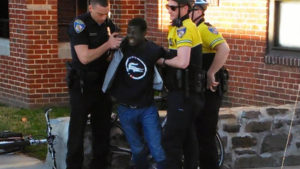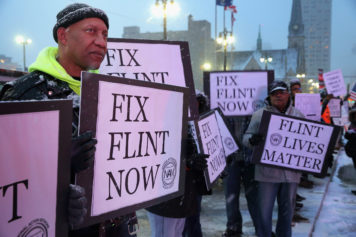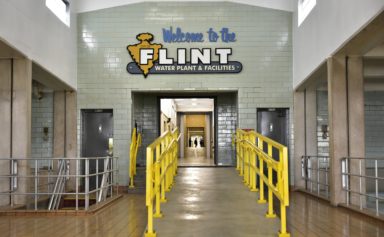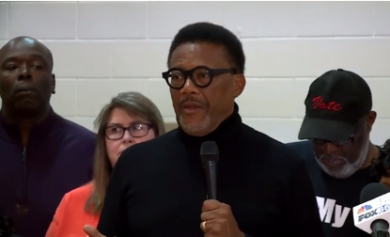A chapter in the Freddie Gray case comes to a close, as the city of Baltimore prepares to release $6.4 million to the family of the police brutality victim killed last year.
As part of a compromise that untangles money owed to the Gray family, Mayor Stephanie Rawlings-Blake has reduced the amount it would compensate a law firm to represent the city in the investigation of the Baltimore police.
The Baltimore Sun reported that the Rawlings-Blake administration has asked the city council to approve $1.2 million to pay the Washington-based law firm of WilmerHale, down from the original $2 million, as they represent the city in the federal investigation of the policies and practices of the Baltimore Police Department.
In a separate piece of legislation, the mayor will request the Freddie Gray payoff. A previous request combining both payments was rejected by the city council. The most recent bills have the support of City Council President Bernard C. “Jack” Young and Vice President Edward Reisinger, according to the Sun.
At issue was that the administration had not explained what the firm was being paid to do. According to the mayor, WilmerHale has helped produce documents, facilitate interviews and collect additional information required by the U.S. Department of Justice. Further, the city law department lacked the expertise and human resources to handle the federal investigation, according to Rawlings-Blake. The law firm is simultaneously representing the city of Chicago in a similar federal matter.
“Ultimately, it’s in the best interest of the taxpayers and the city,” Baltimore councilman Brandon Scott, a member of the budget committee, told the Sun. “It does not mean we’re going to be fighting the Department of Justice, but working with them and ensuring the citizens of Baltimore are being looked out for at every turn.”
“We need to move forward and pay this family, so they can move on to the next phase,” Scott added, speaking of the Gray family.
As Think Progress reported in February, the decision to hire an outside firm drew criticism as Baltimore faces a host of socioeconomic problems and a budget shortfall. Some of those challenges came to light following the protests that were sparked by Gray’s death.
For a city with a poverty rate of 24 percent — and where the school district laid off nearly 200 employees in the face of a $100 million deficit — even $1 million is no small sum. And as everyday people lack basic needs and services, expensive lawyers are being paid. Other cities such as Los Angeles, Miami and Seattle have used in-house counsel to address similar cases. However, the city of Ferguson, Missouri hired high-priced law firms to handle its legal woes — to the tune of thousands of dollars — as the city now struggles to pay the tab.
Whether police violence or lead-poisoned water, bad policies take a toll on poorly resourced and underrepresented Black communities, piling on people already facing hard times. A case in point is Flint, Michigan, where bottled water is presented as a woefully inadequate solution to their water crisis.
CNN spoke with the Luster household, residents of Flint who are faced with “a graveyard of scattered empty bottles” of water. The family of three, CNN determined, uses 151 bottles a day: “36 bottles were used for cooking and another 36 were for washing hair. They used 27 bottles for drinking, plus 24 for doing dishes, and the rest were used for washing faces, brushing teeth and more. Each bottle held 16.9 ounces of water.”
Once or twice a week, they head out to relatives in the suburbs to shower and do laundry. However, the family still uses tap water to wash their hands, as they have grown tired of unscrewing a bottle of water to do everything.
According to the Environmental Protection Agency, the average American uses 100 gallons of water a day, or 757 bottles of water, which is far more than the 50 bottles each member of the Luster family uses each day.
Welcome to America, the richest nation in the world — with Third World conditions, polluted water and police violence reserved for Black and poor people.



